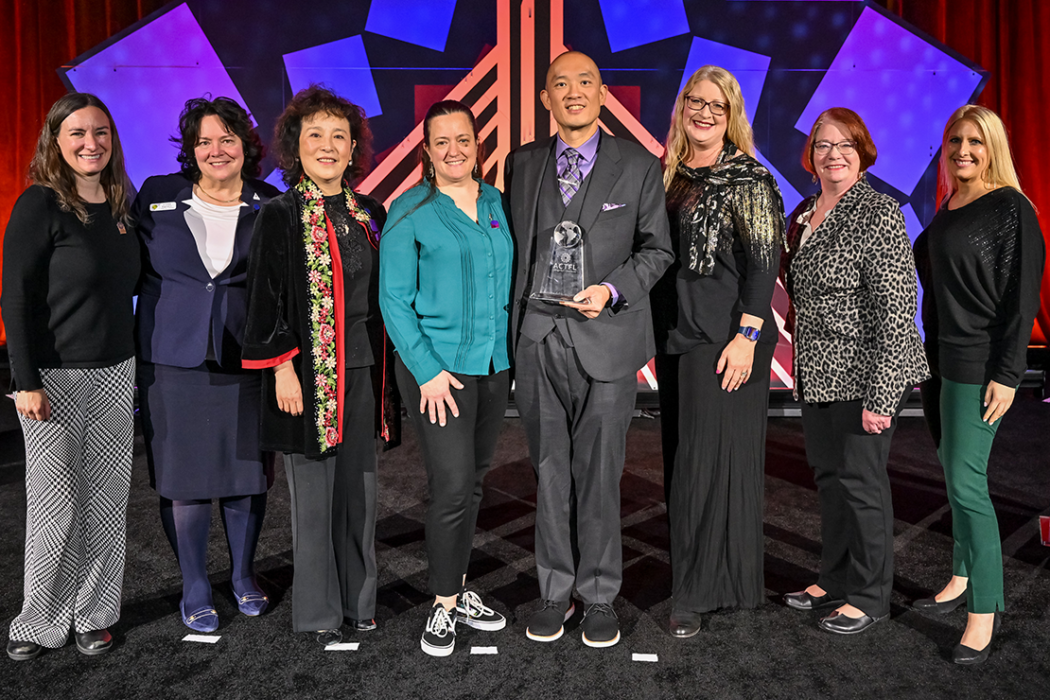Laura Roché Youngworth

2017 Hall of Fame Nominee

Beaumont Middle School
Lexington, KY
2017 Finalist from SCOLT
French
The importance of developing language and cultural competence is evolving and, for me, nothing exemplifies this better than the changes in conversation that follow the question, “So, what do you do?” Twenty-four years ago, my response- “I teach French”, inevitably evoked, “French? I studied French in high school!” followed by a short recital of memorized phrases and an apologetic “That’s all I remember”. Today, however, responses are different and the conversation is more meaningful and abstract. Replacing the litany of memorized phrases are a barrage of questions such as, “What are the advantages to learning French?”, “How can my child learn a language at home?”, and my favorite, “Why are languages not offered in elementary schools?”
Such an evolution in thinking has been gradual. It did not happen overnight and is not the result of one particular global event. Rather, like a spider weaving its web, the continual compilation of real-world needs has created the realization that learning another language and of other cultures is foundational for our future. At the base of this language web, developing a language competency allows us to communicate and connect with others in a manner that is more meaningful and complete. It challenges the egocentric assumption that others should learn our language and provides an avenue for personal fulfillment, economic growth, and social advancement. Language learning makes us human; it identifies who we are and connects us to our heritage. Developing a language competency challenges our brain and encourages us to think analytically; it makes us question our own language and become better guardians of our language usage. Perhaps most importantly, language learning provides a depth to our daily lives, a means for understanding the “bigger” picture and insight into the person who said them.
Within the language web, finer threads of cultural competence run throughout connecting and supporting language learning. Understanding the cultures associated with language makes language proficiency complete. It allows us to show respect, be appropriate, and understand the why to what is said and done. Through exploring another culture, we are challenged to think and see things in new ways, to embrace differences and acknowledge similarities. We are given chances to show empathy and compassion while stretching our own web a little wider. This knowledge encourages us to visit the world, soak up what others have to share, and bring those beliefs and ways of life back home.
My own web of language and cultural learning began in the seventh grade when I entered French class for the first time. It created a perspective in which to understand the world and ultimately shaped who I am today. As a world language educator, it is my goal to share this perspective with others and I cherish the moment when someone asks, “What do you do?” The ensuing conversation is my way to keep the web spinning and to advocate for the studying of languages and cultures!
Professional involvement has transformed me because I realize that I am not alone on my professional journey and that there is a network of excellent language teachers everywhere. From the moment I walked up to the registration booths at ACTFL, I began an exciting journey of collaboration and learning that has had a great impact on me, my students’ second language acquisition process, and educators worldwide. Together, we can increase multicultural sensitivity and can offer our students the gift of linguistic ability. With that gift, they too will be able to reach out across the walls of their homes and local experiences just like I did when the walls of my classroom opened to the world.